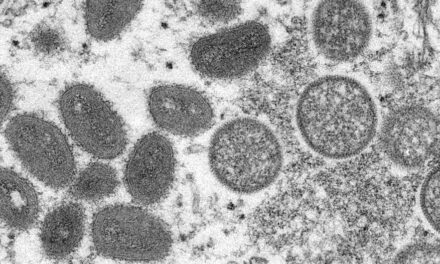Recent research conducted at Cedars-Sinai Medical Center highlights a potential risk associated with certain weight loss drugs when taken before medical procedures. According to investigators, individuals scheduled for endoscopy procedures should consider discontinuing the use of glucagon-like peptide-1 receptor agonists (GLP-1RAs) in the days or weeks leading up to the procedure to minimize the risk of complications.
GLP-1RAs, which include medications like Ozempic and Wegovy, are commonly prescribed to treat diabetes and obesity. However, the study published in the journal Gastroenterology suggests that these drugs may be linked to an increased risk of aspiration pneumonia following endoscopy.
Aspiration pneumonia occurs when foreign materials, such as food or secretions from the mouth and nose, are inhaled into the lungs. Endoscopy involves inserting a tube-like scope into the patient’s throat to examine the inside of the body, and aspiration during or after the procedure can have serious consequences, including respiratory failure and even death.
Dr. Ali Rezaie, the study’s corresponding author and medical director of the GI Motility Program at Cedars-Sinai, explains that GLP-1RAs work by slowing digestion, causing food to remain in the stomach for longer periods. This delay in gastric emptying raises concerns about the risk of aspiration during fasting periods before the procedure.
“Preventing aspiration during endoscopy is crucial,” says Dr. Rezaie. “Even mild cases can require medical intervention, including antibiotics and respiratory support. Therefore, it’s important for patients to take precautions to minimize this risk.”
The study, which analyzed data from nearly 1 million U.S. patients who underwent endoscopy procedures between 2018 and 2020, found that patients prescribed GLP-1RA medications had a 33% higher chance of experiencing aspiration pneumonia compared to those not taking these drugs before the procedure. The analysis accounted for other variables to ensure an accurate comparison.
Dr. Yee Hui Yeo, the first author of the study and a clinical fellow in gastroenterology and hepatology at Cedars-Sinai, emphasizes the importance of patient communication with healthcare providers. “Patients taking these medications who are scheduled for a procedure should discuss their options with their healthcare team to prevent unnecessary complications,” Dr. Yeo advises.
The findings of this study have the potential to influence clinical practice and may prompt healthcare providers to reconsider prescribing GLP-1RAs to patients scheduled for endoscopic procedures.












